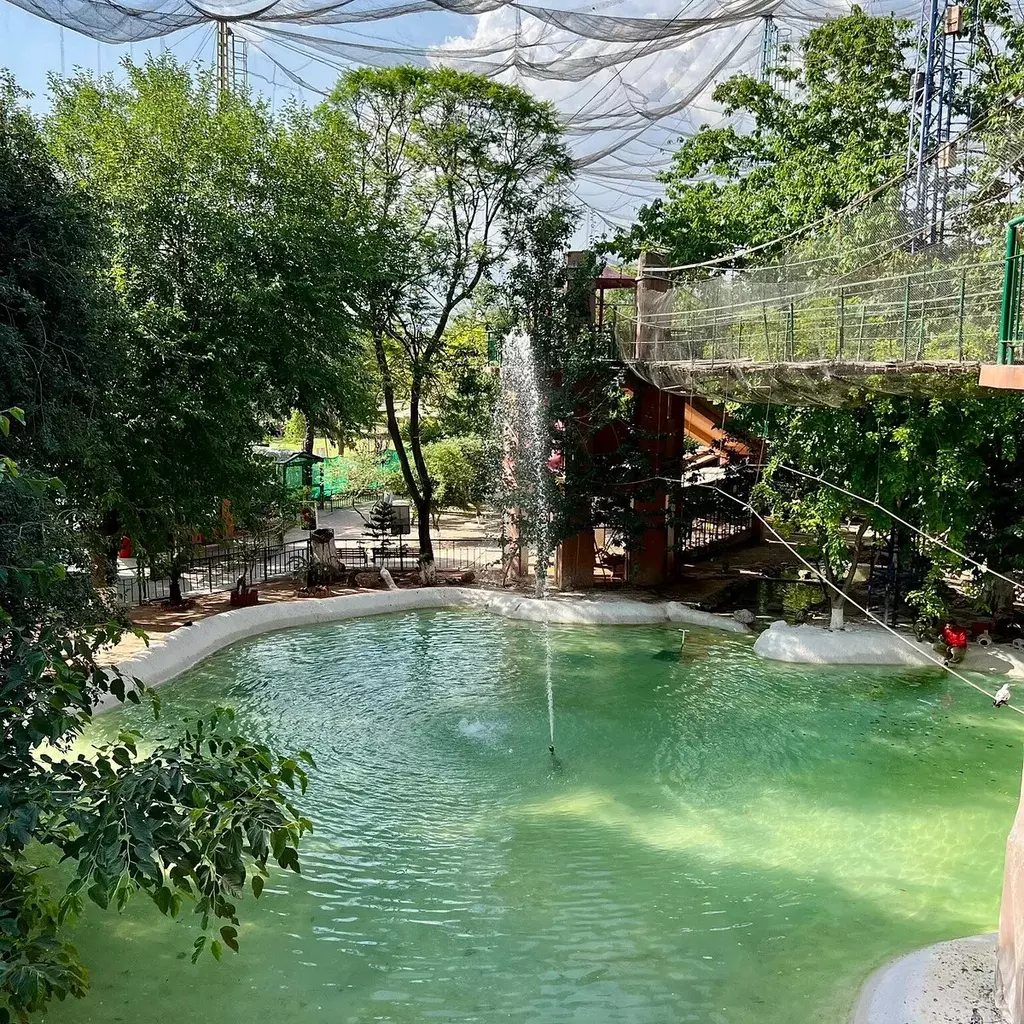Hiking to Cristo Rei

- Islamabad Zoo & Bird Aviary was once a popular recreational spot in the heart of Islamabad, offering visitors a chance to explore a diverse collection of wildlife and bird species. Initially established in 1978, the zoo covered an area of 82 acres, making it one of the largest zoos in Pakistan. It housed a variety of mammals, reptiles, and birds, attracting families, school trips, and nature lovers alike. However, due to concerns about animal welfare and poor living conditions, the zoo was officially closed in 2020, and most of its animals were relocated to sanctuaries and wildlife reserves.
- One of the most remarkable sections of the zoo was the Bird Aviary, which featured a vast array of exotic and native bird species. Visitors could walk through beautifully designed enclosures where birds such as peacocks, parrots, owls, and falcons could be observed in their natural-like habitat. The aviary was known for its interactive experience, allowing visitors to get up close with colorful and rare bird species. The sound of chirping birds and the sight of them soaring in spacious enclosures made this part of the zoo a peaceful and educational experience.
- Despite the closure of Islamabad Zoo, the government has announced plans to revamp the area into a wildlife conservation center. This new project aims to create a better, animal-friendly environment, focusing on rehabilitation, research, and public awareness about wildlife protection. Future developments are expected to include modern enclosures, educational programs, and sustainable conservation practices, ensuring that Islamabad maintains a strong connection with nature and wildlife.
- While the Islamabad Zoo no longer operates as it once did, visitors interested in wildlife can explore alternative attractions such as the Margalla Hills National Park, Trail 5 for wildlife spotting, and the nearby Lake View Park Bird Aviary. These locations offer natural and ethical environments for observing animals, making them great alternatives for families, students, and wildlife enthusiasts. The transformation of the zoo into a wildlife conservation center marks a positive shift towards responsible and sustainable wildlife management in Pakistan.
